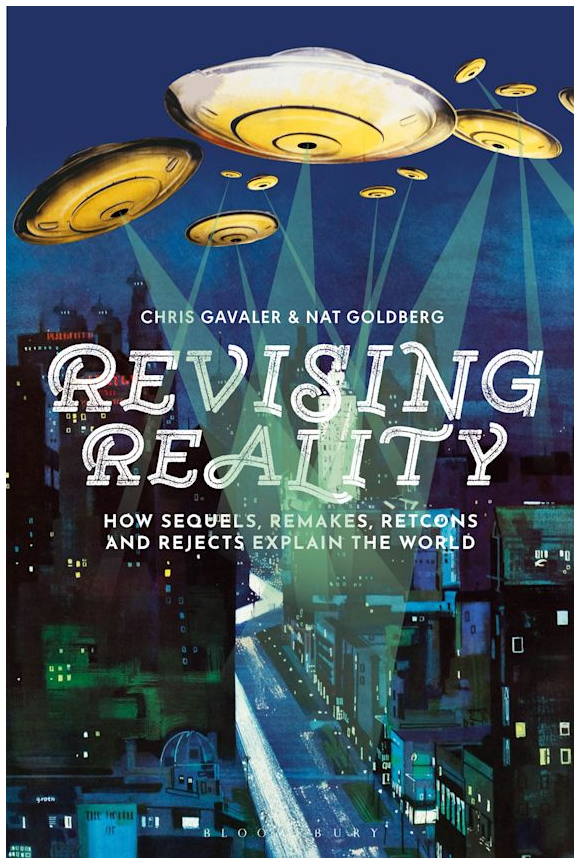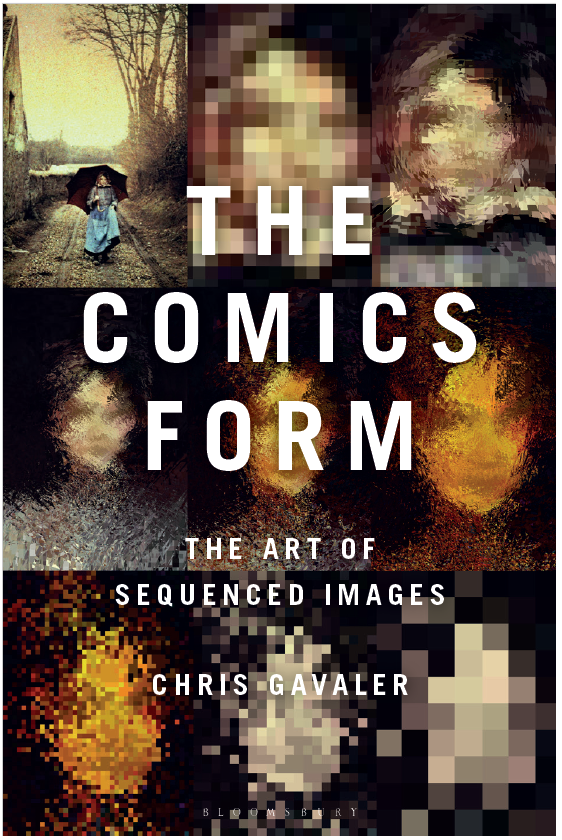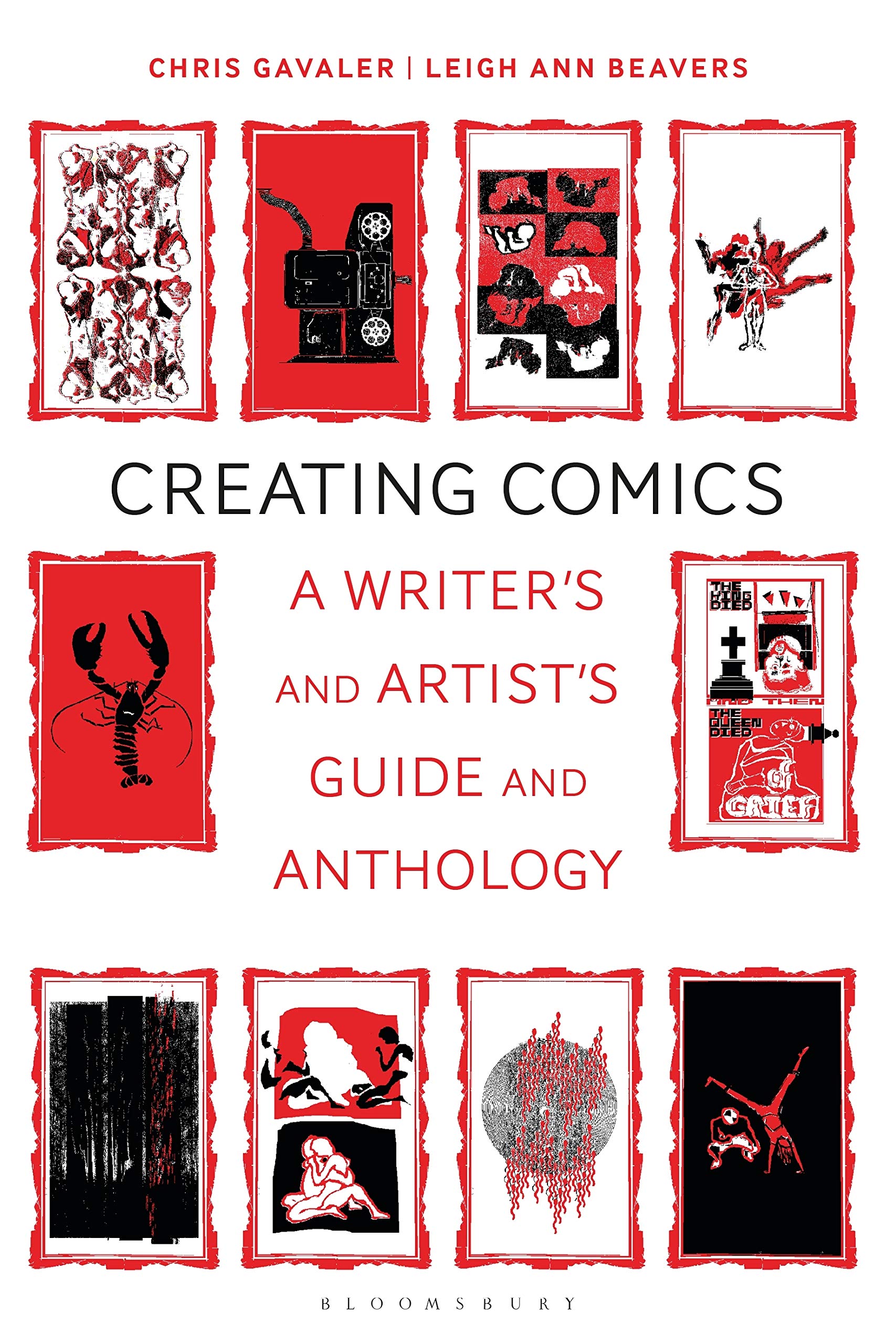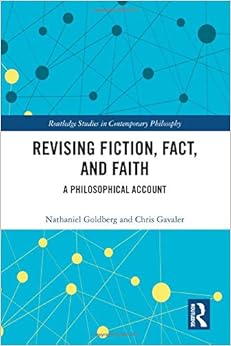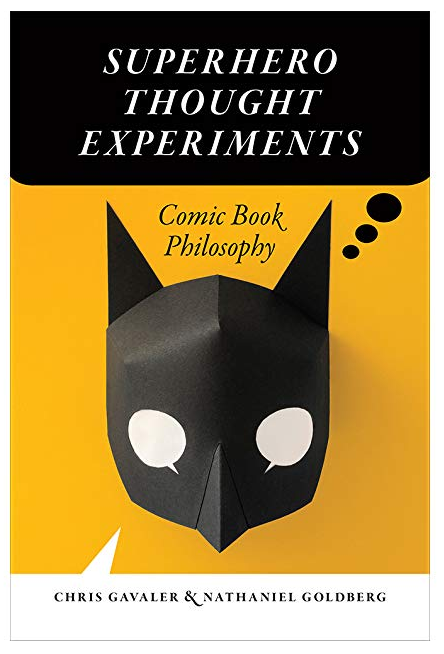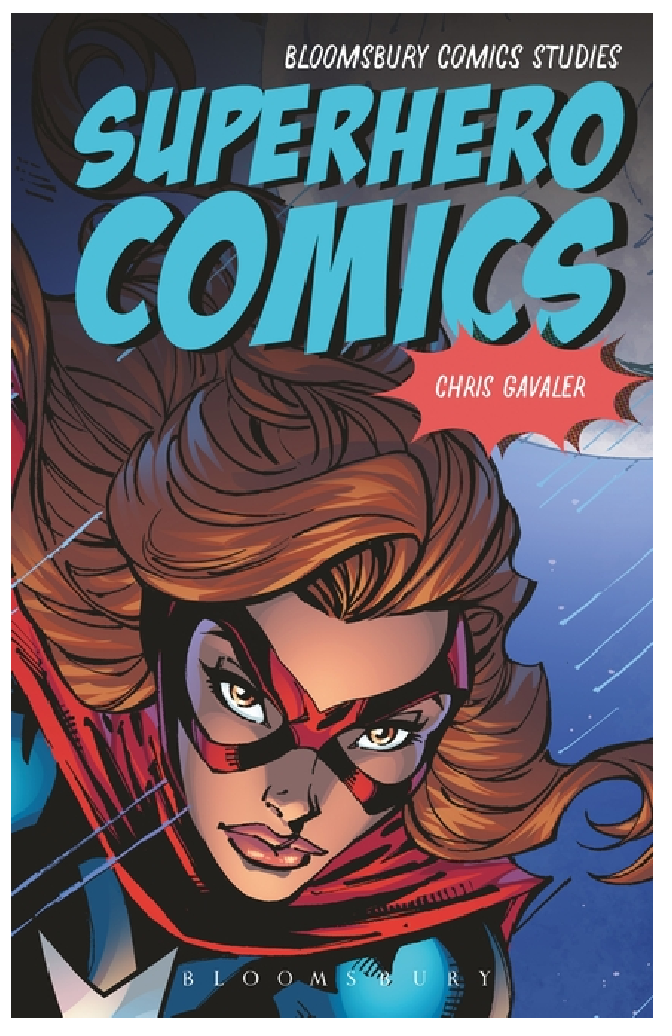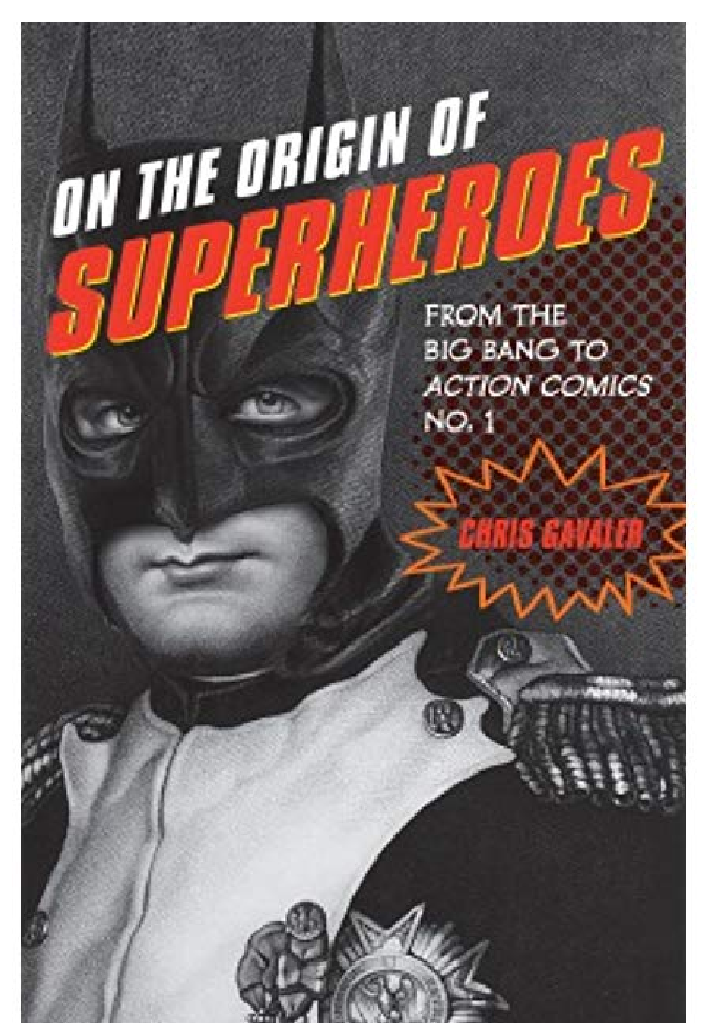Tag Archives: Peter Berg
September 17, 2012 The Hancock Home for Rehabilitating Superhumans
It’s not easy being superhuman. Your physique isn’t calibrated for this planet. Everything is too small and fragile. So of course things are going to break sometimes. Like people. Why are they always swarming under you when you’re trying to land? And if your ego has swollen to match your body mass, why shouldn’t it? You’re an impressive guy. It’s not your fault when some of those ungrateful muggles complain. Why can’t they see how loveable you are?
Well, fear not. Your problems are solved.
Switch on your laptop and download (legally of course) Peter Berg’s 2008 Hancock for a crash course in superhuman public relations. I first screened Hancock for my “Superheroes” class a few months after it came out in video. I’ve shown it twice more since, and it gets better every time.
Though that might be a question of contrast. In his review of The Avengers, New York Times film critic A. O. Scott declared that Hollywood superheroes have entered “a phase of imaginative decadence.” If that’s true, 2008 was the turning point. Hancock was one of seven big screen leotards that year, and though The Dark Knight grabbed most of the glory, Will Smith was the only actor playing an original character.
Too original, in fact. The lone superman in a sea of pissed-off Homo sapiens. Is it his fault everybody hates him?
Actually, it is. And the film is a study in rehabilitation. Maybe other big budget superheroes could learn something from Mr. Hancock and save their genre from wider decline. In fact, anyone in a position of authority—elected officials, corporate managers, school administrators—anyone with any weight to throw around needs to tune in.
The only thing that comes with great power is great arrogance. Responsibility you have to work at. And here are five easy steps to get you there:
1. Don’t forget.
Hancock forgot how he’d accidentally splattered that beached whale, but Green Peace remembered. In fact they videoed it and posted it on YouTube. For Hancock it was just a passing “my bad” moment that he put behind him before the day’s next disaster. But for whale lovers, it was their worst nightmare, one they replay daily. Literally. What’s water under the bridge for you, may be a collapsing dam for everyone else. So go on YouTube and relive some of your most humbling screw-ups. It will help you in the long run.
2. Say thank you.
It’s one of the funniest bits in the movie, Hancock turning to every cop outside the hostage scene and individually thanking them: “Good job, good job, good job, good job, good job . . .” It’s what Ray, his PR coach, told him to do, and it’s smart advice. Sure, it puts a cramp into your action sequences, but it’s better than coming off as unappreciative. You might not realize how often you belittle people. You’re larger-than-life after all. You probably do it without realizing, a kind reflexive combat stance that squashes all the little guys stationed around you. Here’s an easy rule for the gloved thumb: dish out twice as many thanks as punches. Pretty soon those compliments might start flowing back at you.
3. Don’t touch.
When that wounded police officer is pinned behind her car with bad guys firing all around her, Hancock first asks permission before grabbing her and carrying her to safety. Sure, it’s another comic moment, but the point is that even supermen need to obey the rules of basic human interaction. Keep your hands to yourself. Even when you don’t mean the contact to be hostile or sexual, you don’t go around touching people. This is true of everyone, but especially superhumans. You’re bigger than the rest of us. A friendly pat could slam us through a wall. Even if you’re good at calibrating, you’re still a giant. If you want to be friendly, trying waving. From a safe distance.
4. Don’t hog the bench.
This is a corollary to the no touching. First scene of the movie, Hancock is sprawled all over a city bench. This is him at his worst, hungover, foul-mouthed, belligerent. You’re better than all that, but you still have to think about the bench. As already discussed, you have a big body. That means your bubble is bigger too. You take up even more space than you realize, lots more. Not only do you not get to touch, you can’t sprawl either. Keep your hands in your lap, elbow at your sides. Make room for other people on the bench. Many regular humans have trouble with this too. There’s a guy at my college notorious for throwing the mass of his arms over couch backs, oblivious to the latest woman contracting beside him, even as he expands further into her space. Think small. The first time Hancock comes in for a landing, asphalt shatters. But eventually even he learns to control all that superpowered mass.
5. Go to prison.
Getting knocked out of your position of unfettered authority? I know. Doesn’t sound like fun. Hancock was pissed when Ray told him he had to go too. But look at it as an opportunity not a punishment. This is where you learn to play by the rules. Superheroes enforce the laws; they don’t invent them. Sure, those thugs deserved getting their car stuck on top of that skyscraper, but people in authority don’t get to act on whim. Your two most important superpowers are consistency and transparency. The public should always know what to expect from you. Otherwise they end up fearing and hating you, which pretty much makes you a supervillain.
So follow these steps, rent Hancock as needed, and next thing you know you’ll be acting like a human being. If it doesn’t help you save the world, it might just help you save yourself.
Tags: A. O. Scott, advicde for overbearing bosses, Hancock, imaginative decadence, Peter Berg, self-help, Will Smith
- 1 comment
- Posted under Uncategorized
October 10, 2011 When Superheroes Are Assholes
The first time I taught my honors seminar “Superheroes,” I scribbled character elements on the board as students called them out:
“Intelligent.”
“Superpowers.”
“Orphans.”
“Brave.”
No one shouted, “Assholes.”
But they are now.
Comicbook.com’s Scott Johnson isn’t the only reader to call Grant Morrison’s new Action Comics Superman a “cynical, arrogant jerk.” Johnson concedes that “this might be the real personality that would develop if an all-powerful alien being found himself stranded on earth. Those with great power, more often than not let it go to their heads.”
But Morrison isn’t the first writer to portray a superheaded hero. It’s been the trend for years if not decades.
We have yet to see what director Joss Whedon has in store for The Avengers, but Captain Hammer, his first take on a superhero, was a superasshole. Nathan Fillion hammed it up as the cheesy embodiment of superpowered privilege in Whedon’s 2008 musical Dr. Horrible’s Sing-Along Blog. The guy dupes a social advocate into sleeping with him (“This is so nice / Just might sleep with the same girl twice”) by faking that he cares about the homeless (“I’m poverty’s new sheriff / And I’m bashing in the slums / A hero doesn’t care / If you’re a bunch of scary alcoholic bums”).
Look at Jonathan Lethem’s Omega The Unknown and his superhero is no better. In addition to womanizing, the millionaire Mink bribes politicians, stages photo-ops, and stars in his own Hollywood Squares TV show. Other characters call him “greedy and boastful,” a “jerk,” a “pig,” and (my favorite) “the worst person I have ever been seated behind in a movie theater.”
Hammer and the Mink are right up there with CoreFire, Austin Grossman Superman knock-off in his 2007 novel Soon I Will be Invincible. CoreFire has a “smug air of invincibility” and seems to fly “purely out of a sense of entitlement.” His own teammate calls him a “jerk” and a “fucking racist.”
President Obama would never call someone a fucking anything (though, wow, do I wish he would), but he doesn’t like arrogant superheroes either. While on the campaign trail in 2008, he told Entertainment Weekly: “The guys who have too many powers—like Superman—that always made me think they weren’t really earning their superhero status. It’s a little too easy.”
Garth Ennis, on the other hand, would call anyone a fucking anything. His superhero-bashing Butcher in The Boys sums up what he hates most about them: “That arrogance. That fuckin’ DISDAIN they have for us, where our lives mean nothin’ more than a rat’s.” And if that’s not clear enough for you, Ennis has Homelander (another Superman stand-in) and his teammates require their virginal recruit to give them blowjobs before she can join.
Starlight: “I mean this is completely disgusting! It’s a betrayal of everything you stand for! You’re the Earth’s most mighty! You bring justice to all, you avenge the innocent!”
Homelander: “Yes, and we’d like to get our dicks sucked.”
Peter Berg’s 2008 Hancock started out almost as bad. Berg described the original 1996 script as “a scathing character study of this suicidal alcoholic superhero.” To keep a PG-13 rating, the revised “comedy” still had to trim back a statutory rape and a scene of Will Smith drinking with a 12-year-old minor (flying while under the influence stayed).
Hancock, Mink, Hammer, CoreFire, Homelander. That’s a lot of asshole. But they’re just the most recent examples.
Look at Rick Veitch’s Brat Pack.
Look at Mark Waid’s Kingdom Come.
Look (inevitably) at Alan Moore’s Watchmen.
Superhero-as-asshole is the shared premise of some of the very best comic book writing of the last quarter century.
But you can go back further. The 1960’s Silver Age happened because Stan Lee was the first writer willing to make a hero ugly. In Fantastic Four #1, the Thing calls frightened onlookers “Lily-livered cowards!” and picks a fight with Mr. Fantastic: “I’m going to paste you right in that smug face of yours!”
Spider-Man started out worse. After letting a thief run past him, he tells a cop: “Sorry, pal! That’s your job! I just look out for number one—that means—ME!”
The Hulk, Doctor Strange, Iron Man, Thor, they were all jerks.
But it’s not just the Silver Age. Comic books began with the biggest asshole of all, Jerry Siegel’s Superman.
Look at Action Comics #12. The guy busts into a radio station and shoves an announcer in the face: “Beat it! And tell that control engineer that if he shuts me off the air, I’ll make a bee-line for his gizzard!” He then announces his “war on reckless drivers” and, while dodging police bullets, demolishes a car pound (the owners are traffic violators), a used car lot (the cars are old and unsafe), and a manufacturing plant (the owner uses cheap materials). He even kidnaps the mayor and frightens him into obeying his orders.
This isn’t Robin Hood do-goodery on behalf of the common man. The guy is a superpowered egomaniac. It’s the trait DC covered up, made Siegel turn his Asshole of Steel into a well-mannered law-abider. But the arrogance has always been there, just under the leotard.
Good for Grant Morrison for giving us a peek again.
Tags: Austin Grossman, Dr. Horrible's Sing-Along Blog, Garth Ennis, Grant Morrison, Hancock, Joss Whedon, Peter Berg, President Obama, Scott Johnson, Stan Lee, Superman, The Boys
- 7 comments
- Posted under Uncategorized



